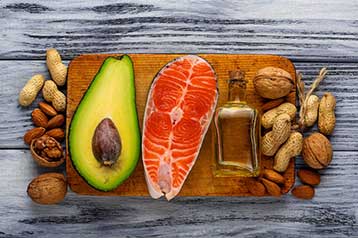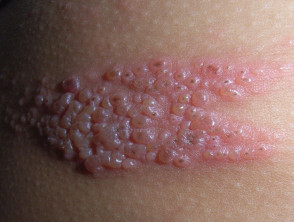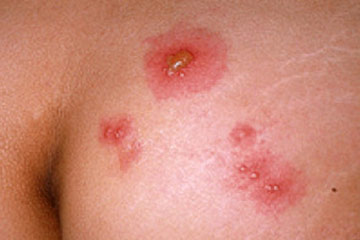Causes of male infertility
Men can also be infertile. In fact, men are found to be the only cause or a contributing cause of infertility problems in couples in 30% to 40% of cases.1
To conceive a child, a male's sperm must combine with a female's egg. The testicles make and store sperm, which are ejaculated by the penis to deliver sperm to the female reproductive tract during sexual intercourse.
The most common issues that lead to infertility in men are problems that affect how the testicles work.2 Other problems are hormone imbalances or blockages in the male reproductive organs. In about 50% of cases, the cause of male infertility cannot be determined.2
A complete lack of sperm is the cause of infertility in about 10% to 15% of men who are infertile.3 When a man does not produce sperm, it is called azoospermia (pronounced uh-zoo-SPURM-ee-uh). A hormone imbalance or a blockage of sperm movement can cause azoospermia.
In some cases of infertility, a man produces less sperm than normal. This condition is called oligospermia (pronounced OL-i-goh-SPURM-ee-uh). The most common cause of oligospermia is varicocele (pronounced VAR-i-koh-seel), an enlarged vein in the testicle.
The following links provide more information about some of these problems:
Conditions That Affect Sperm Formation
Many different issues can affect the formation of sperm in the testicles. Some of the more common include 2:
- Chromosome defects
- Diabetes
- Hyperprolactinemia (pronounced hi-purr-proh-lakt-ihn-EEM-ee-ah), which is overproduction of a hormone called prolactin made by the pituitary gland
- Injury to the testicle
- Insensitivity to hormones called androgens, which include testosterone
- Radiation
- Reactions to medications
- Swelling of the testicles from infections such as mumps, gonorrhea, or chlamydia
- Testicular disorder called Klinefelter syndrome
- Thyroid problems
- Undescended testicle, called cryptorchidism (pronounced krip-TAWR-ki-diz-uhm)
- Varicocele
Varicocele
Varicocele is the enlargement of the veins in the scrotum, and it is present in about 40% of men with infertility problems.4 The condition results in a decrease in the production of sperm. The enlarged veins disrupt the blood flow in the testicle and cause an increase in temperature, which negatively affects sperm production.
Conditions That Affect Movement of Sperm
The inability to transport sperm from the testicles to the penis causes about 10% to 20% of the cases of male infertility.2 The inability can be caused by natural obstructions in the tubes that transport sperm from the testicles to the penis or from surgery to intentionally block the tubes, called a vasectomy. Many men with cystic fibrosis lack the tubes that carry the sperm out of the testicles, making them infertile (but not sterile because they produce sperm).
Some men have problems getting an erection, called erectile dysfunction, which makes having sex difficult.
A condition called retrograde ejaculation can also cause infertility. This condition causes sperm to move into the bladder instead of out of the penis.
- American Society for Reproductive Medicine. (2012) Quick facts about infertility. Retrieved June 11, 2012, from http://www.asrm.org/detail.aspx?id=2322 [top]
- Jose-Miller, A. B., Boyden, J. W., & Frey, K. A. (2007). Infertility. American Family Physician, 75, 849–856. [top]
- American Urological Association. (2008). A basic guide to male infertility: How to find out what's wrong. Retrieved June 11, 2012, from http://www.uanef.com/docs/whatswrongpg.pdf (PDF - 470 KB) [top]
- American Urological Association. (2008). Report on varicocele and infertility. Retrieved June 11, 2012, from http://www.auanet.org/education/guidelines/male-infertility-a.cfm [top]
Source
Causes of Male Infertility
Eunice Kennedy Shriver National Institute of
Child Health and Human Development (NICHD)
Geosalud, August 11, 2013






